
By Rev. Patti Nakai
The new “Barbie” movie has some Buddhist themes, which others already have written about. So I’ll focus on what I see as the Jodo Shinshu connection (Warning: This article contains spoilers).

By Rev. Patti Nakai
The new “Barbie” movie has some Buddhist themes, which others already have written about. So I’ll focus on what I see as the Jodo Shinshu connection (Warning: This article contains spoilers).
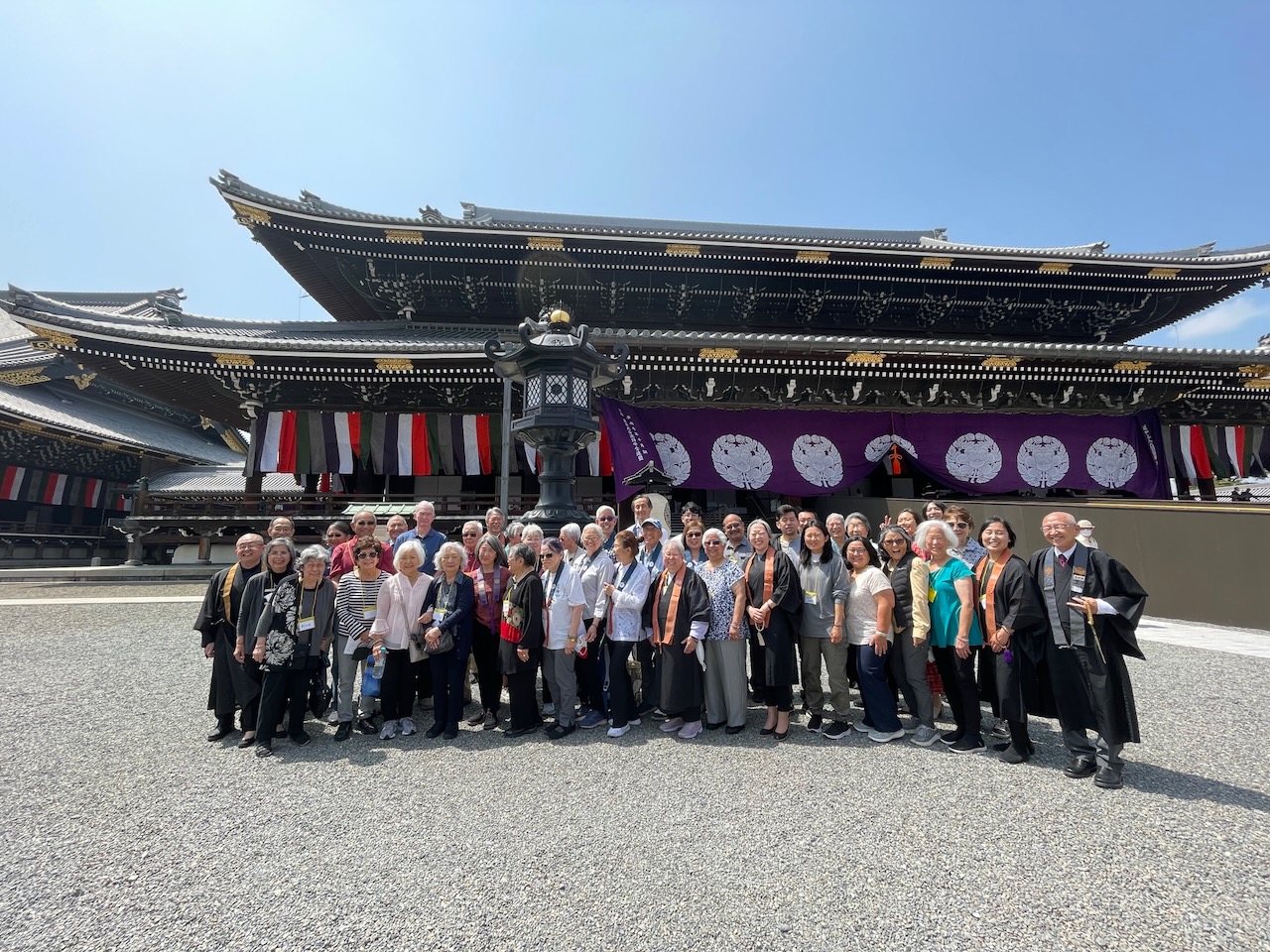
By Rev. Ken Yamada
This year marks the 850th Birthday of Shinran Shonin and the 800th Anniversary of Jodo Shinshu Buddhism’s founding. In April, a group of us from the North America District traveled to Japan to attend the commemoration at Higashi Honganji’s main temple. Continue reading “Shinran 850th Birthday Tour (Part I)”
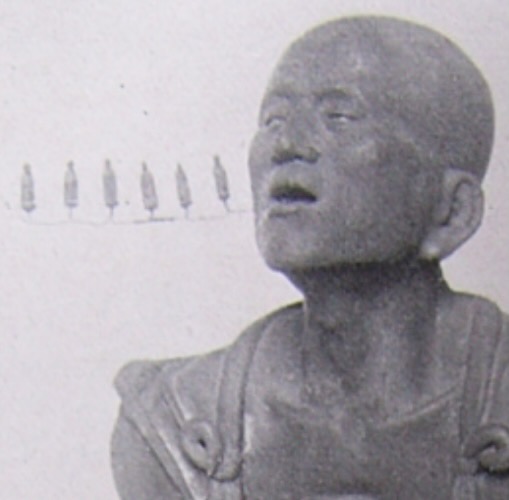
Jodo Shinshu Buddhism is welcoming, open, and holds no secrets. Yet, some people follow a “secret” kind of Shinshu, off-limits to outsiders.
Such groups existed ever since Shinshu’s founder Shinran Shonin’s time. Called by various names, including “hiji bōmon” (secret dharma) and urahōmon (hidden teachings), members follow a tight-lipped tradition of closed-door gatherings, obscure rituals, evangelical-like sermons, and teachings considered heretical by major Shinshu denominations. Noted Buddhist scholar D.T. Suzuki reputedly as a child underwent a secret dharma ritual, following his mother, who was a member. Such groups still are active today in Japan. Continue reading “Secret Shinshu”
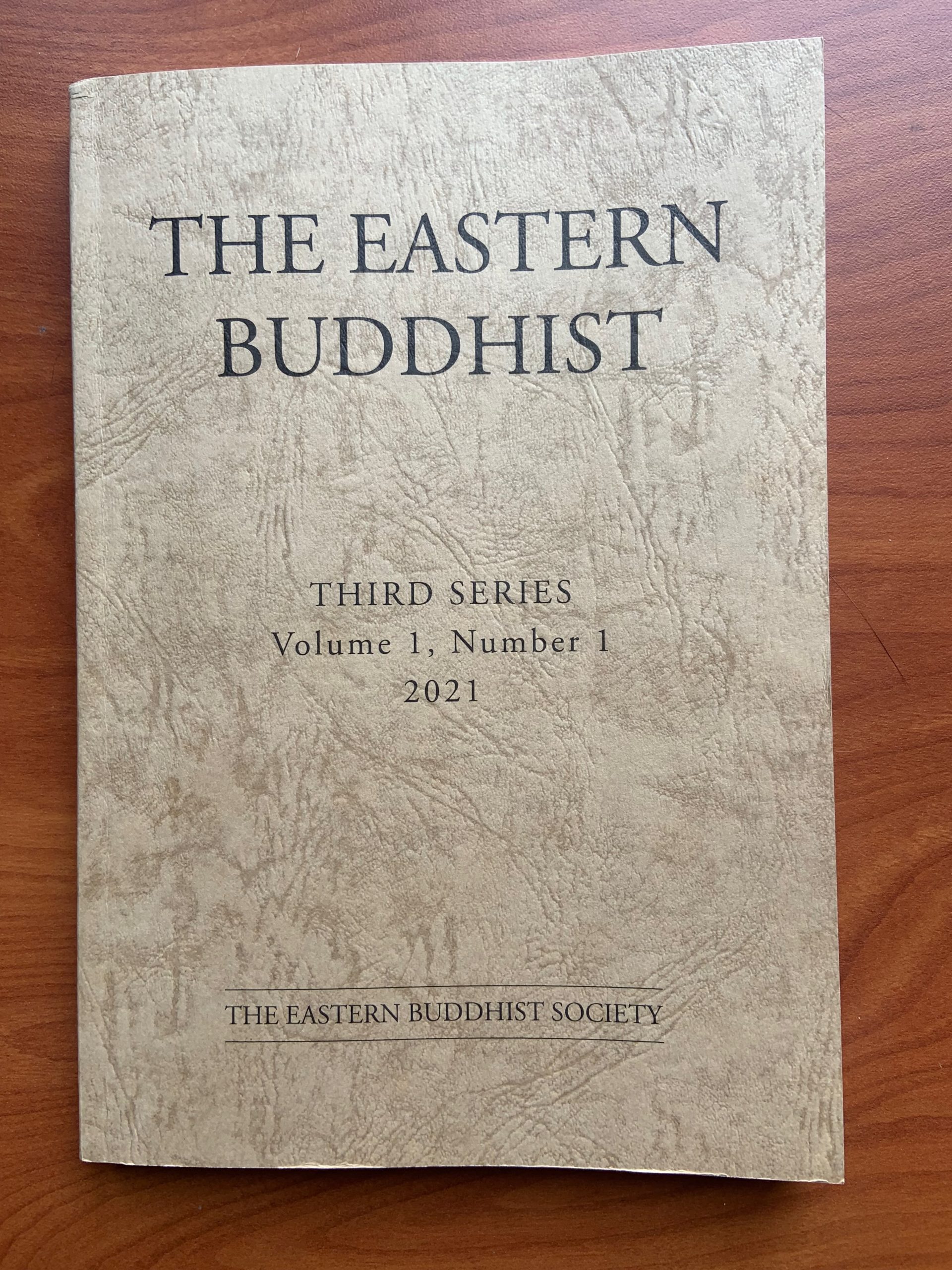
By Rev. Ken Yamada
A century ago, Jodo Shinshu began transforming its image from beliefs in superstition and the supernatural towards teachings addressing modern day problems, bolstered by efforts of a new academic journal called The Eastern Buddhist. Today, the journal remains an active voice in English, clarifying Shinshu teachings, along with various other Buddhist traditions. Continue reading “The Eastern Buddhist: A Century of Shinshu Studies”
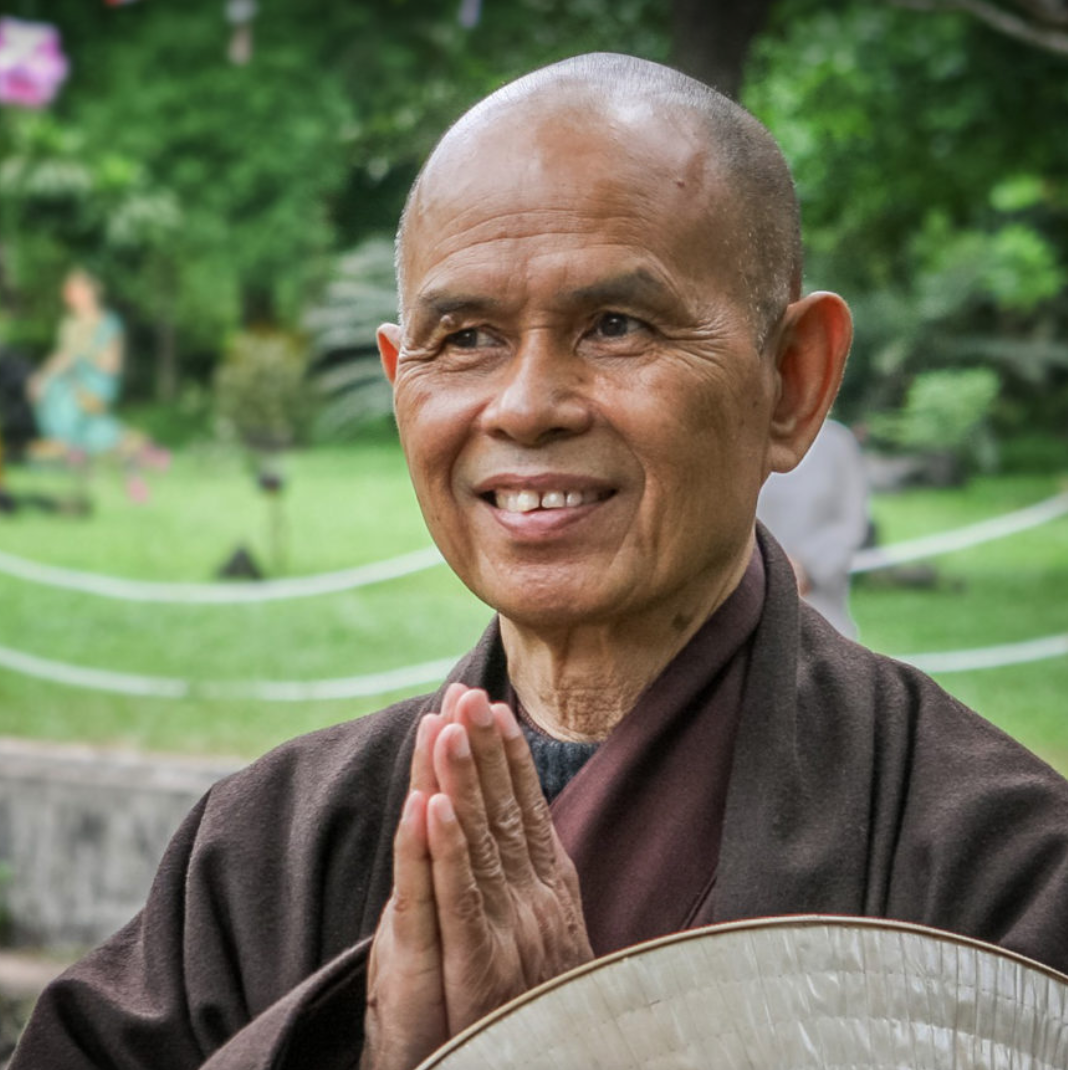
By Rev. Miki Nakura
(Renowned Buddhist teacher Thich Nhat Hanh passed away this month in Vietnam at age 95.)
I once visited Thich Nhat Hanh’s Blue Cliff Monastery in upstate New York. When I was about to leave, a friend gave me a calligraphy written by the famous teacher that said, “The Pure Land is here and now.”
I immediately thought, “Oh, this is a koan (Zen riddle) that Thich Nhat Hanh is giving me.” The koan asked, “Miki, what does Pure Land mean to you? Continue reading “Thich Nhat Hanh’s Koan”
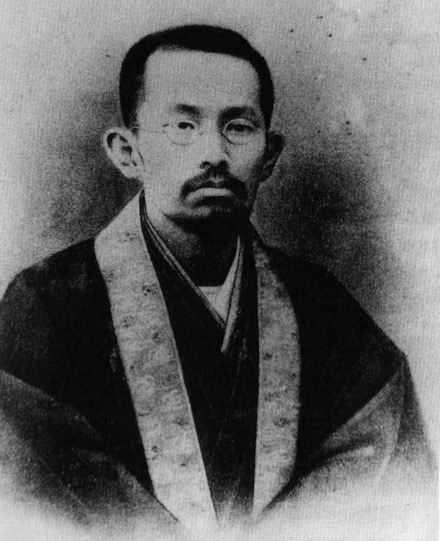
By Rev. Ken Yamada
Today, government mandates clash with personal rights; an unprecedented rise in wealth clashes with unrelenting poverty; political upheaval, military expansionism, and redefined social mores and identity abound. In these changing times, we must ask, “Is Jodo Shinshu Buddhism relevant?”
These challenges confront us now, but they also confronted a small group of innovative Buddhist thinkers a century ago, spurring them to redefine, modernize and find meaning in Jodo Shinshu, which for the previous two centuries had stagnated and grown moribund. For their contributions, they were persecuted, some even excommunicated by their own denomination. Their writings continue to be studied, debated, and valued in understanding Shinshu today. Continue reading “Seishinshugi: Shinshu’s Clash with the Modern World”